Search
Remove Ads
Advertisement
Summary
Loading AI-generated summary based on World History Encyclopedia articles ...
Answers are generated by Perplexity AI drawing on articles from World History Encyclopedia. Please remember that artificial intelligence can make mistakes. For more detailed information, please read the source articles
Search Results

Definition
Civilization
Civilization (from the Latin civis=citizen and civitas=city) is a term applied to any society which has developed a writing system, government, production of surplus food, division of labor, and urbanization. The term is difficult to define...
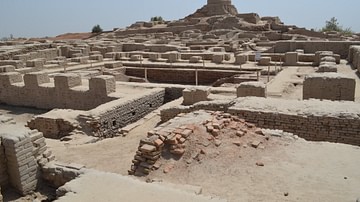
Definition
Indus Valley Civilization
The Indus Valley Civilization was a cultural and political entity which flourished in the northern region of the Indian subcontinent between c. 7000 - c. 600 BCE. Its modern name derives from its location in the valley of the Indus River...
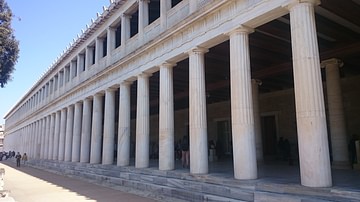
Interview
Interview: American School of Classical Studies at Athens
The American School of Classical Studies in Greece has been running its operations since the 19th century CE, with excavations across the country and an academic program that runs throughout the summer and fall. They are arguably the most...
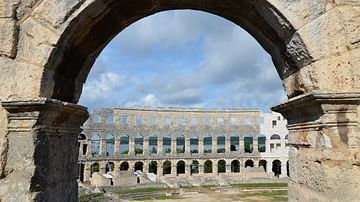
Article
Exploring Classical Pula, Croatia
Located at the southern tip of the Istrian peninsula, Croatia’s westernmost outcrop, Pula is a town of extraordinary beauty with a 3000-year history. This important Istrian port boasts a rich and varied cultural heritage and has some of the...

Definition
Mycenaean Civilization
The Mycenaean civilization flourished in the Late Bronze Age (c. 1700-1100 BCE), peaking from the 15th to the 13th century BCE. The Mycenaeans extended their influence throughout the Peloponnese in Greece and across the Aegean from Crete...
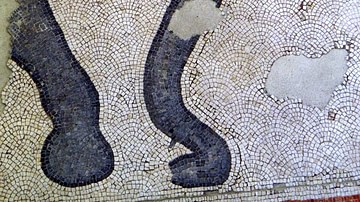
Article
North Africa During the Classical Period
Phoenician traders arrived on the North African coast around 900 B.C. and established Carthage (in present-day Tunisia) around 800 B.C. By the sixth century B.C., a Phoenician presence existed at Tipasa (east of Cherchell in Algeria). From...
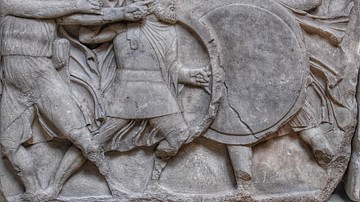
Article
The Grand Strategy of Classical Sparta
In ancient Lacedaemon, as in all enduring political communities, there was a symbiotic relationship between the form of government chosen, the way of life that this form of government fostered, and the grand strategy that the community gradually...
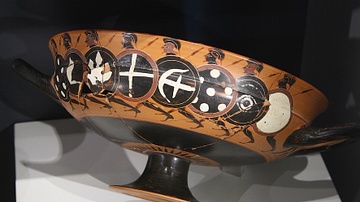
Collection
Warfare in Classical Greece
The ancient Greek city-states were in a constant rivalry for land, resources and power which meant that warfare became an ever-present aspect of life. Athens and Sparta were famous rivals throughout the Classical period but other cities like...
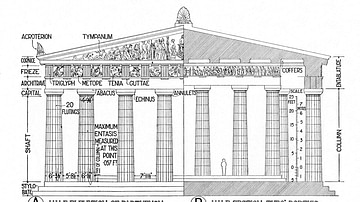
Article
A Visual Glossary of Classical Architecture
Abacus - a large slab placed above the column capital to support the architrave or an arch placed above it. Akroterion - a decorative piece added to the roof of a temple at the apex and corners, usually made of clay or bronze and often...

Definition
Maya Civilization
The Maya are an indigenous people of Mexico and Central America who have continuously inhabited the lands comprising modern-day Yucatan, Quintana Roo, Campeche, Tabasco, and Chiapas in Mexico and southward through Guatemala, Belize, El Salvador...